Scholarship
Shylock -- Victim or Scoundrel?
April/05/2018 17:28
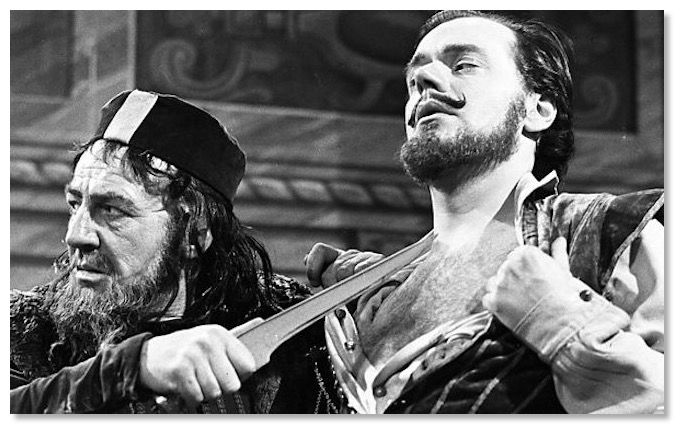
The classic "gotcha" Shakespeare question: "What is the Merchant of Venice's name?" — not, as many think, Shylock, but Antonio, which in itself indicates how Shylock has dominated our imagination about the meaning and nature of the play. But, as this interview with Howard Jacobson (talking here in 2016 about his book Shylock Is My Name) reveals, what we think about the play — and Shylock — is extremely hard to pin down. Which reveals, yet again, the genius of Shakespeare…
Unsex Me Here
April/02/2018 18:26
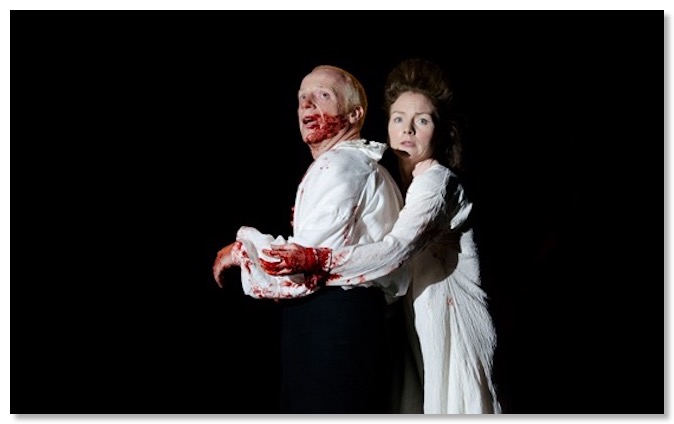
David Crystal, noted linguist and father of the excellent Ben Crystal, lays out in great and fascinating detail the words and phrases that Shakespeare brought to life in Macbeth. That one man could produce (and have adopted into the vernacular) so many great and powerful words and phrases in just one play, is simply astonishing. For teachers helping students grapple with Shakespeare's language, this really is a wonderful article.
Apparel Oft Proclaims the Man...
April/02/2018 18:19
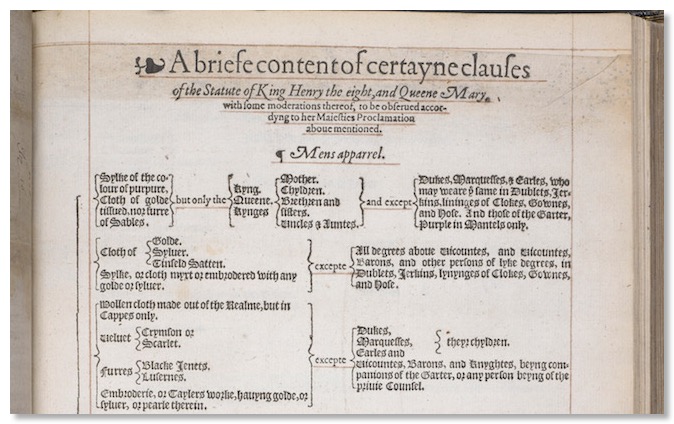
We often hear from students who use our Shakespeare eBooks, and one recurring question we get is: "Why do the actors wear modern dress, when the plays are set long ago?" There are several answers to this question (which can often drive a productive class discussion), including the idea that we were focused less on theater with a capital "T", and more on language and diction; that by removing one aspect of cognitive dissonance, we allow students to focus more on diction and rhyme; and that the "neutral" use of clothing allows students to more easily imagine how they might dress the actors, to further their directing goals.
However, the point of this post is to introduce the idea that Elizabethan England lived under a set of (to us at least) very stringent dress codes (also called sumptuary laws), which worked along class and wealth lines. To learn more about this, enjoy Liza Picard's excellent article on the subject.
Shakespeare's Education
April/02/2018 18:11
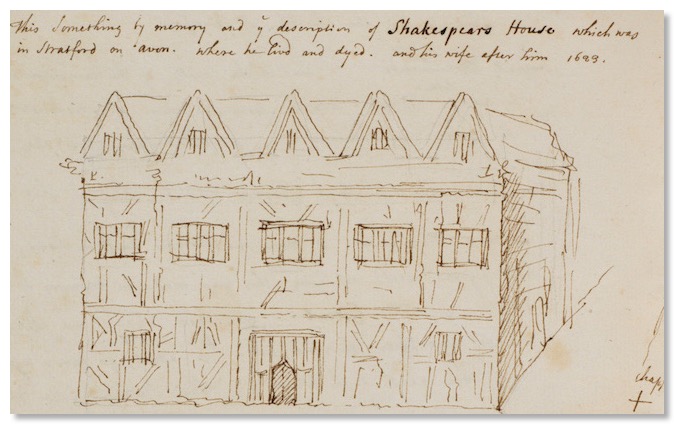
Just as many students today must read Shakespeare at school, so of course at one time, Shakespeare had to attend school, and read the notes and play writes of that era. This brief but detailed article by noted English actor Simon Callow nicely outlines the educational world and childhood Shakespeare likely experienced. And the schooling did not seem either easy, or particularly broad, as he notes in this passages: "They didn’t study history, they didn’t study mathematics, they didn’t study geography, they didn’t study science. They studied grammar, from dawn to dusk, six days a week, all the year round. Grammar – Latin grammar. They translated from Latin into English and from English into Latin. At school, ordinary conversation was in Latin; any boy caught speaking English was flogged. And they mastered the tropes of rhetoric, from antimetabole (where words are repeated in inverse order) to zeugma (where one verb looks after two nouns)."
Be Kind to the Tired, the Poor, the Hungry
March/17/2018 09:55
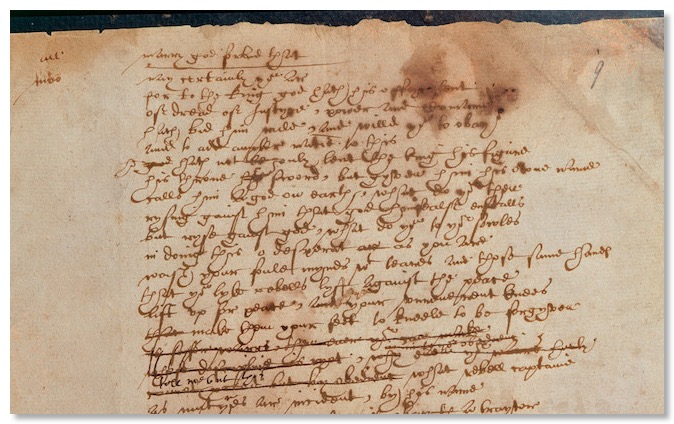
Almost none of Shakespeare's handwriting survives today — mainly his signature on various legal documents. But this edited script from a play that Shakespeare had a hand in but did not write — The Book of Sir Thomas More — contains some of his handwriting. And what he has to say in it, says something about what Shakespeare believed about the fate of refugees, and mobs that would treat them poorly. A fascinating piece from NPR.
It's Time, Once Again, to Suggest that Shakespeare was not Shakespeare...
March/07/2018 13:05

Every six months to a year or so, a claim is made that Will Shakespeare, of Stratford, did not write the plays we generally associate with him. This article is slightly different, since it leaves that aspect of the Shakespeare debate to the end (with a pretty good refutation of the theory that "Shakespeare is not Shakespeare".) The first part of the article suggests that a 1576 copy of a French collection of tragedies (François de Belleforest's Histoires Tragiques) was not only used by Shakespeare for inspiration (specifically, Hamlet), but also has some of his annotations. As always, the debate will rage on!
Writing While Under the Influence...
February/12/2018 12:32
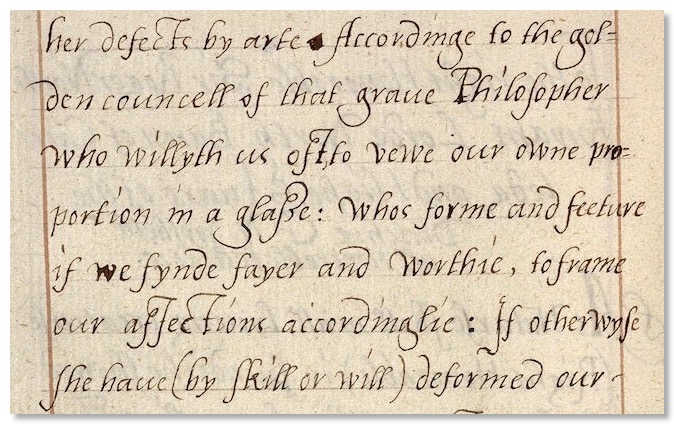
Shakespeare did not write in a vacuum, and scholars today confirm that he was heavily influenced by Holinshed's Chronicles, and Plutarch's Lives (properly titled Lives of the Noble Greeks and Romans.)
Now, an amateur and deeply capable scholar — Dennis McCarthy — has, in collaboration with Professor June Schlueter, ferreted out what is likely to prove a powerful third influence on Shakespeare, the writing of one of Queen Elizabeth I's ambassadors to Sweden, George North. An obscure diplomat until now (his Wikipedia entry starts onFebruary 8, 2018 — 4 days ago!) he had an elegant turn of phrase that clearly caught Shakespeare's attention and imagination. The book that sparked Shakespeare's — and now our — interest, was A Brief Discourse of Rebellion & Rebels. Read the New York Times article here.
Sounds About Right!
February/09/2018 08:36
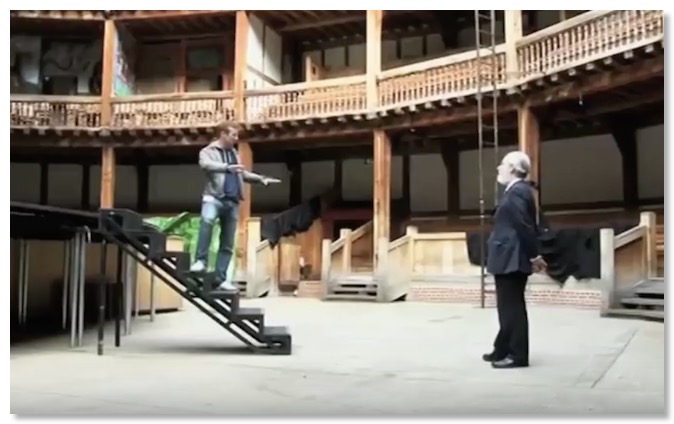
David and Ben Crystal provide a genuine service to Shakespeare lovers (and doubters too, really) by hypothesizing on what Shakespeare's language might have sounded like in its original pronunciation. In addition to being intrinsically interesting, it has an impact on performance, if actors and directors wish to provide an "original" production to their audience. Very worthwhile video clip.
New Digitized Facsimile of 1623 First Folio Published by Bodmer Lab
February/01/2018 10:15
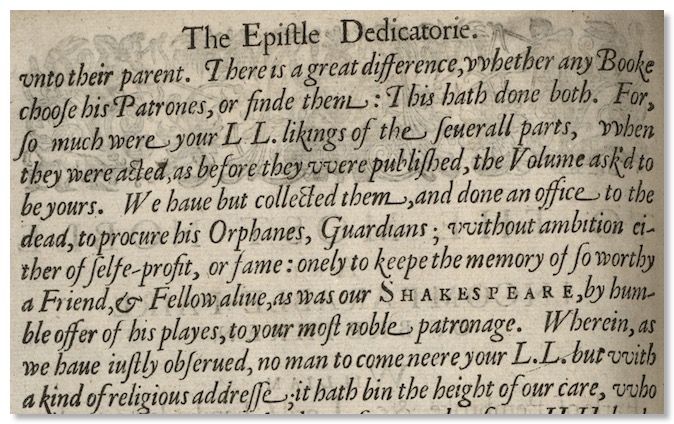
Geneva's Bodmer Lab has made available to the public a full high resolution digital copy of a 1623 First Folio. Pictured above is a part of the dedication of the volume by Heminges and Condell to their patrons, William, Earl of Pembroke, and his brother Philip, Earl of Montgomery. A tremendous asset to scholars, teachers, and students, but note, the text of the web site is in French.
Permission Granted
January/26/2018 10:11
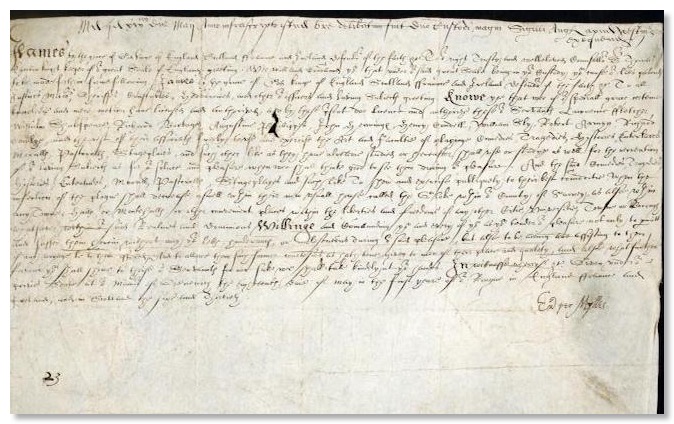
The original document used to announce King James I's granting of a royal warrant to Shakespeare's acting troupe, changing their name from The Lord Chamberlain's Men to The King's Men, and permitting them to perform "Comedies, Tragedies, Histories, Enterludes, Moralles, Pastoralles, Stageplayes". Read and see high quality digital scans of the warrant.
Fundamentally Dishonest, or Fundamentally Cautious?
January/19/2018 09:12

The discussion about trigger warnings lapped on to Cambridge's shores late last year, with the news that English literature students at Cambridge received trigger warnings about sexual violence and assault in regards to Titus Andronicus and Comedy of Errors. Professor Mary Beard and Cambridge Shakespeare Festival Artistic Director David Crilly reacted strongly against the move.
The Course of Academia Never Did Run Smooth?
February/05/2017 22:24
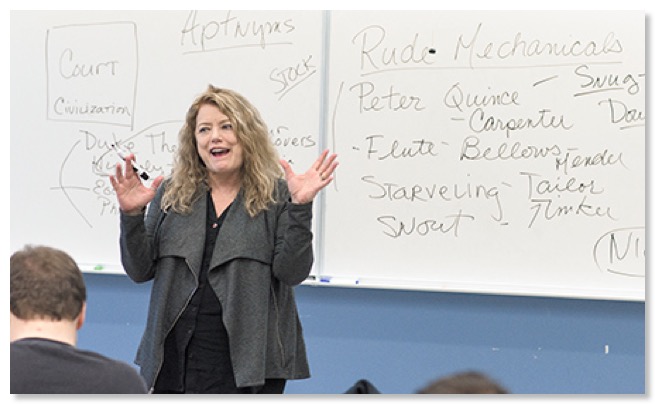
IUPUI professor Terri Bourus teaches Shakespeare classes. She was one of four general editors of “The New Oxford Shakespeare.” (IBJ photo/Eric Learned)
Troubles assail the inner working of the production of the New Oxford Shakespeare project.
Pity...
February/01/2017 11:17

The BBC have put up what looks like a fantastic Shakespeare resource, but unfortunately, they have made it accessible only to students in the UK. That's a shame.
It's All Just Vector Space Mathematics to Me (Or Maybe Not...)
December/01/2016 15:39
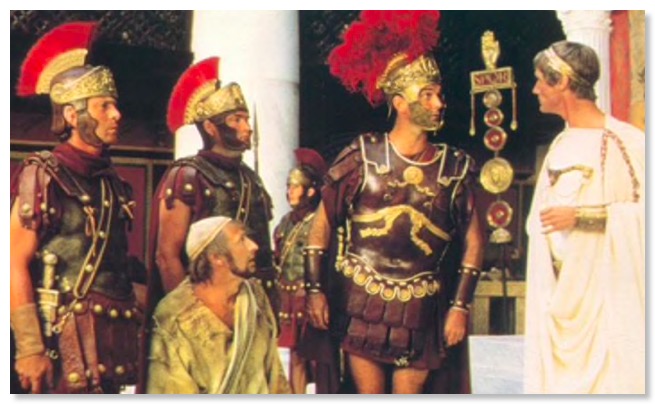
Fascinating (and a little over our head) article in MIT Technology Review about how computers may one day be able to detect sarcasm, and other subtle linguistic tricks. More.
Comparing Hamilton to Henry IV, part 1.
November/09/2016 15:19
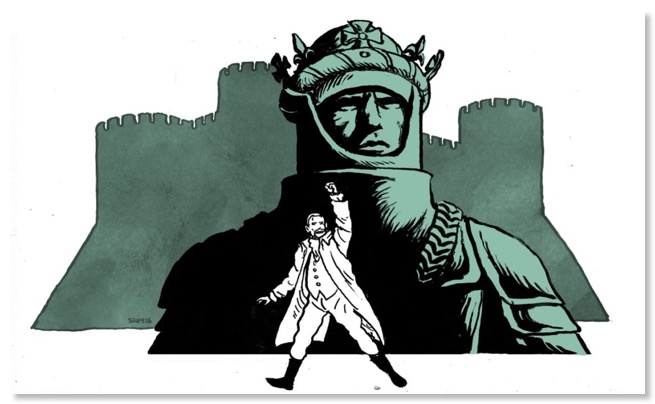
Isaac Butler, compares Lin-Manuel Miranda's Hamilton, with Shakespeare's Henry IV, part 1 -- (proper title: 1 Henry IV) in this complex but well reasoned piece for Slate. More.
We Almost Lost 16 Plays...
November/01/2016 16:46
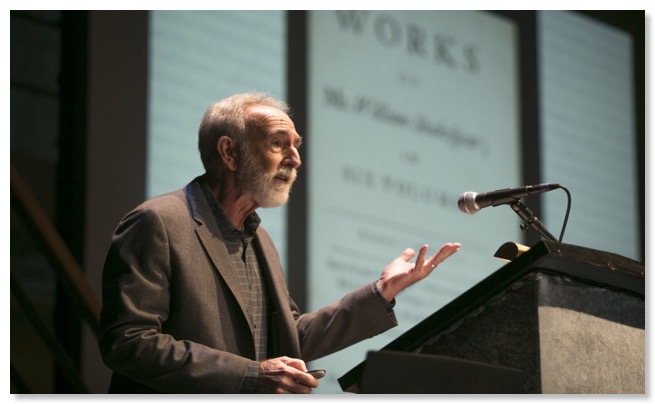
George M. Bodman Professor of English David Kastan speaks at Drew
Yale scholar David Kastan speaks at Drew University, and explains how the first folio saved at least 16 of Shakespeare's plays from obscurity. A close call. More.
Hamlet's Father...and Halloween
November/01/2016 16:45

John Cogan University Professor of the Humanities Stephen Greenblatt.
Leading Harvard Shakespeare Scholar Stephen Greenblatt launches a new MOOC today, entitled "Hamlet's Ghost". More.